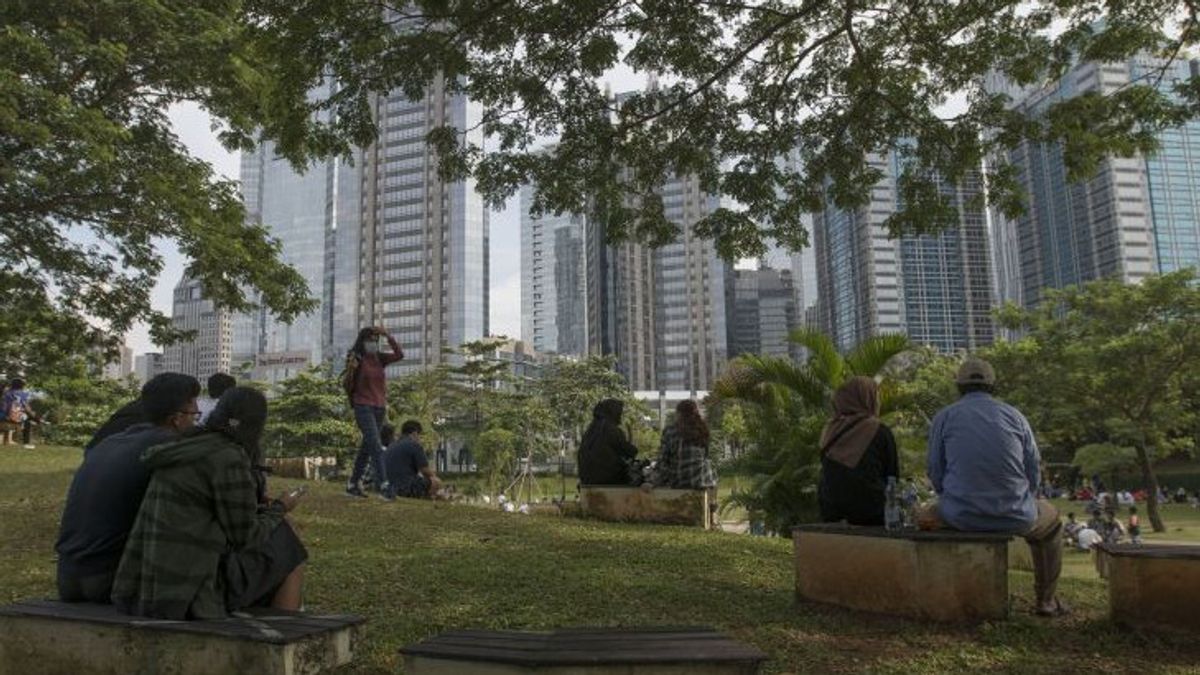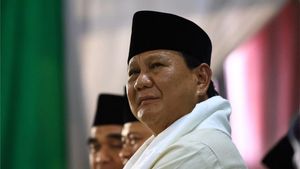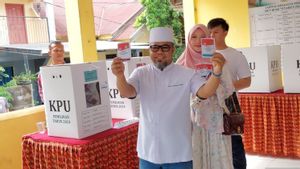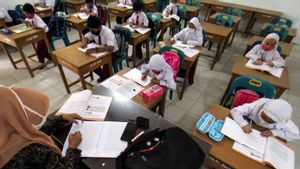JAKARTA - Member of Commission D of the DKI Jakarta DPRD from the PSI faction, Justin Adrian Untayana, approved the DKI Provincial Government's plan to build dozens of parks in Jakarta with a budget of IDR 1 billion to IDR 2 billion per park by the end of this year.
The budget value for the construction of green open space (RTH), said Justin, is cheaper than the procurement of the same activity in the Anies Baswedan era as Governor of DKI for the 2017-2022 period.
"In my opinion, it is much cheaper than Pak Anies's era, the cost is much cheaper. As far as I remember in Pak Anies' era, one RTH was tens of billions," Justin told reporters, Wednesday, September 20.
Justin also agreed with the purpose of adding green open space in Jakarta as an effort to control air quality. However, according to him, this needs to be accompanied by other policies.
The policy in question is the transfer of the use of private vehicles to public transportation by the public, regulation of working hours, and enforcement of sanctions for companies that carry out air pollution.
"So this will be useful if others are also carried out, including the prosecution of pollutants companies, emission test ticketing that should be continued by the police," said Justin.
Previously, the Head of the DKI Jakarta Provincial Parks and Forest Service, Bayu Meghantara, said that his party would add 23 new parks with a total area of 6.7 hectares by the end of 2023.
"This year we built 23 parks with a total area of about six hectares, spread across several areas of East, North, West and South Jakarta," said Bayu on Tuesday, September 19.
اقرأ أيضا:
The park construction project, continued Bayu, cost around Rp. 1 billion to Rp. 1.2 billion per park. The DKI Provincial Government prioritizes the construction of parks near community settlements.
"Everyone has the same rights, including the West Jakarta area which is also densely populated, I want the construction of parks to be around the community," he said.
In addition to controlling air quality. The addition of these green open space points is carried out to increase the capacity of Jakarta's green space, which is currently still at 9 percent.
Meanwhile, in Law Number 26 of 2007 concerning Spatial Planning, the proportion of green open space is at least 30 percent of the city's area.
The English, Chinese, Japanese, Arabic, and French versions are automatically generated by the AI. So there may still be inaccuracies in translating, please always see Indonesian as our main language. (system supported by DigitalSiber.id)
















